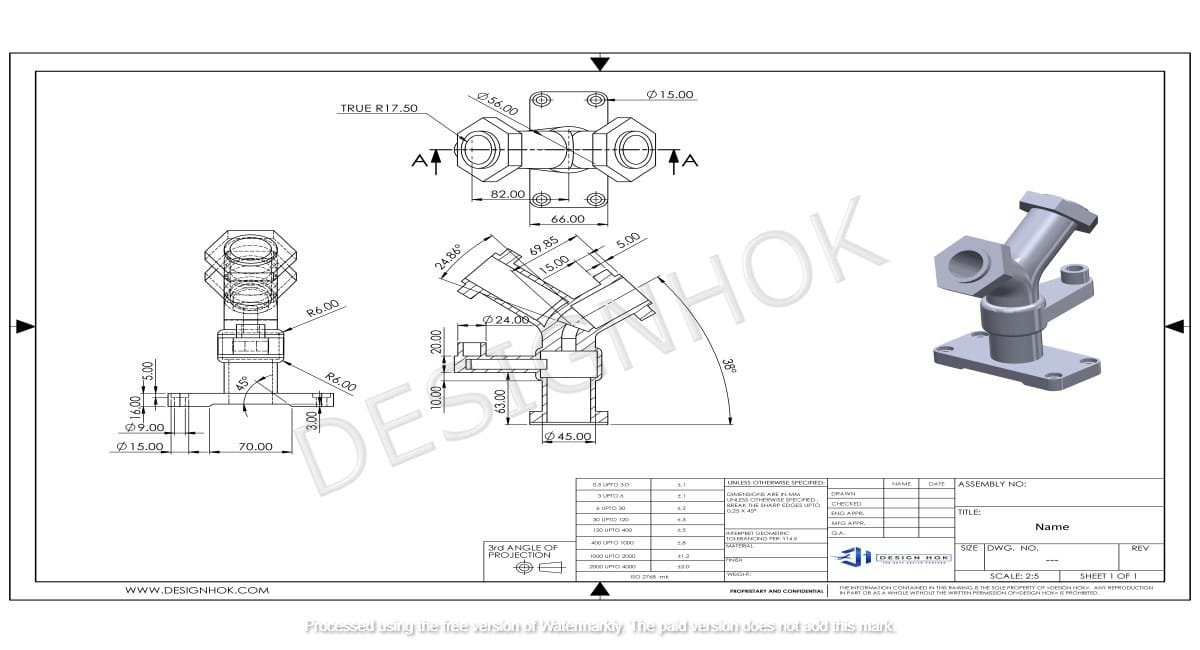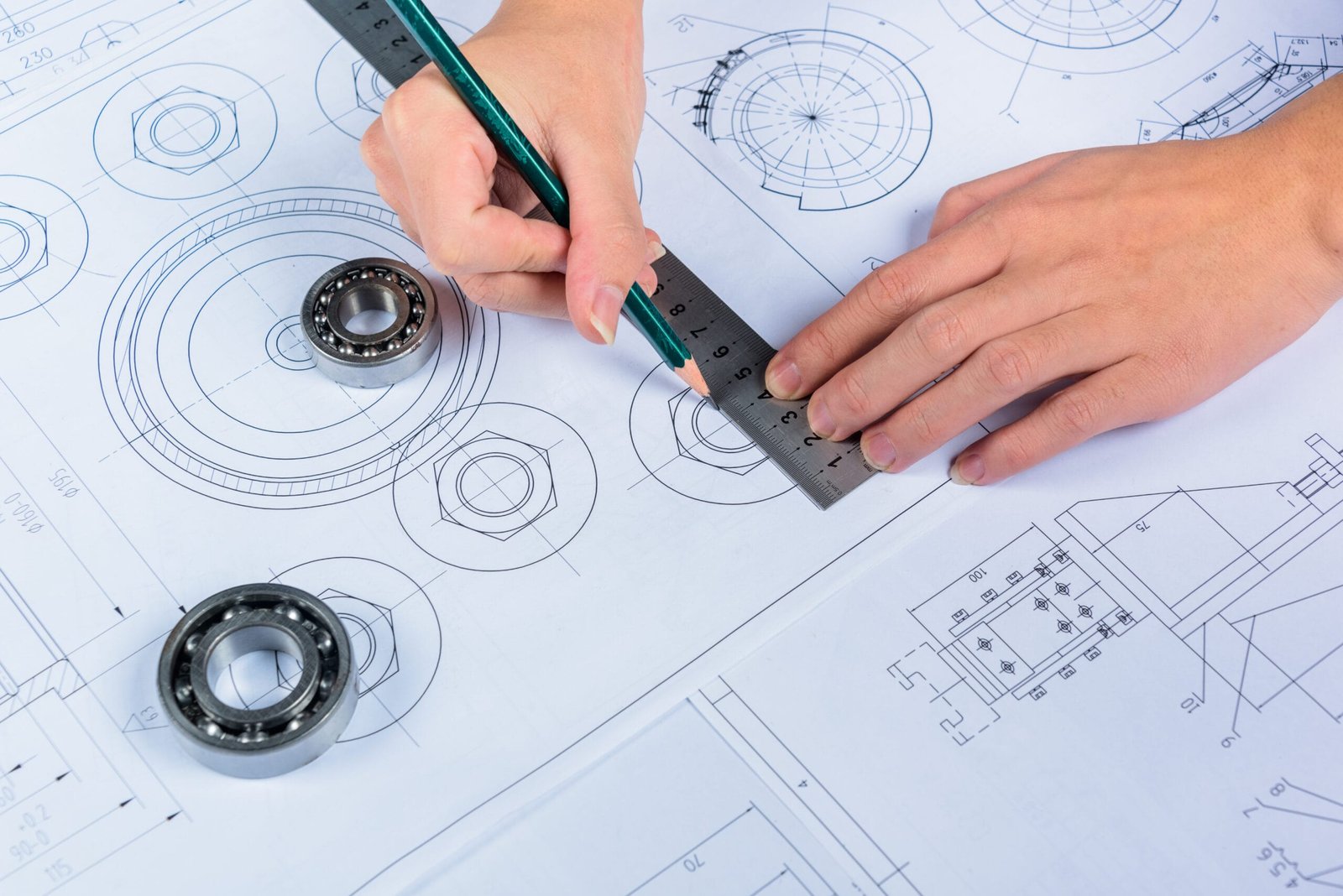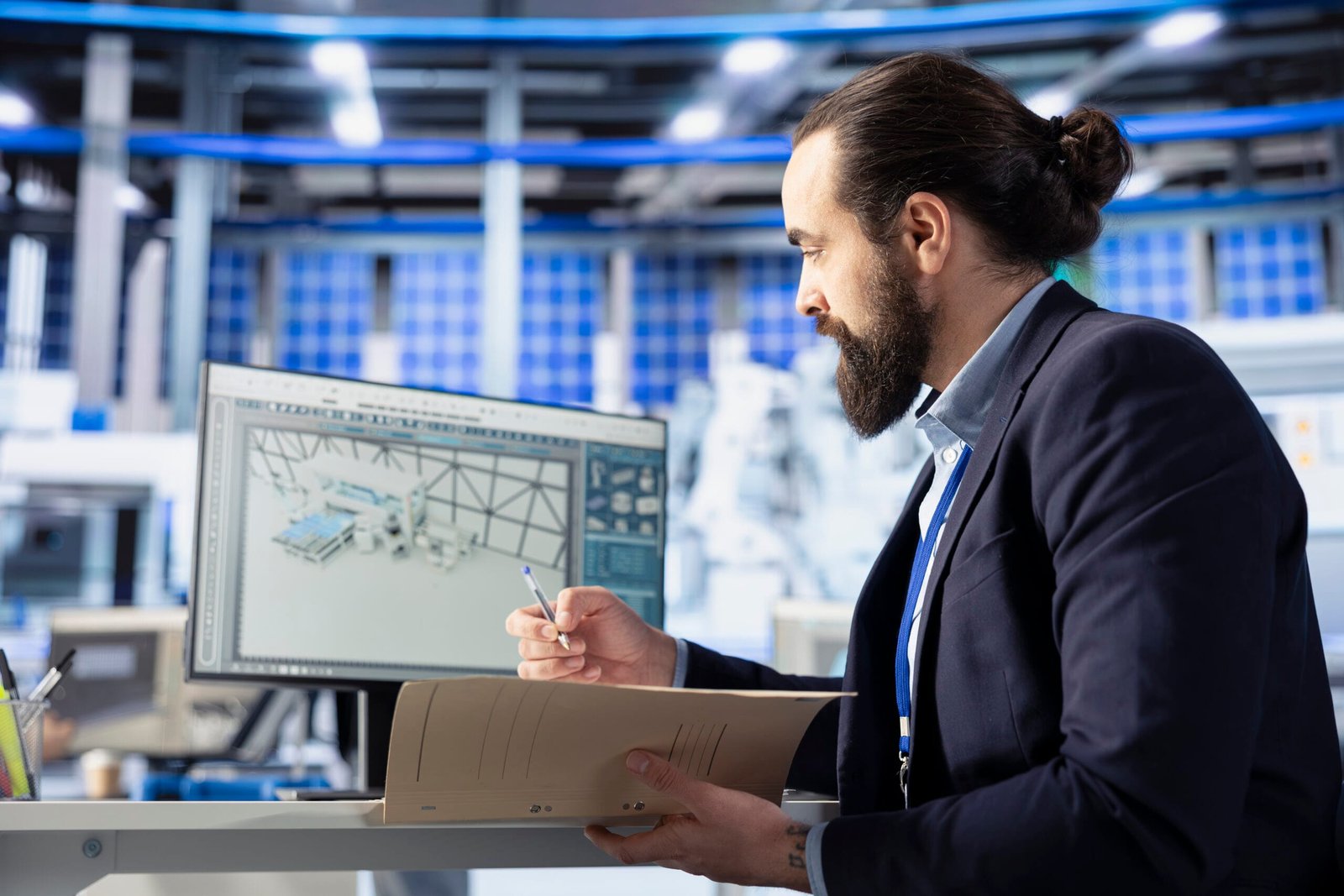Introduction
What is a Mechanical Sewing Machine? In recent years, sewing machines have changed. However, the basic mechanical sewing machine is still widely used. Many people may ask why these machines are still used. The reason is that many find mechanical machines easier to handle, more dependable, and better for control. Understanding what a mechanical sewing machine is can help you choose the right option.
Understanding What a Mechanical Sewing Machine?
To delve deeper into the question, what is a mechanical sewing machine? It is a device that has stood the test of time, offering reliability and ease of use.
So, let us understand what a mechanical sewing machine is. It is a kind of sewing machine that requires manual work instead of digital controls. You have to manually adjust the settings. An electric motor is present in these machines that helps to control. The functionality of the machine is simple. It contains a motor to power it, and the user sets the machine speed. Mechanical sewing machines depend on manual settings and so users can get a hands-on experience.
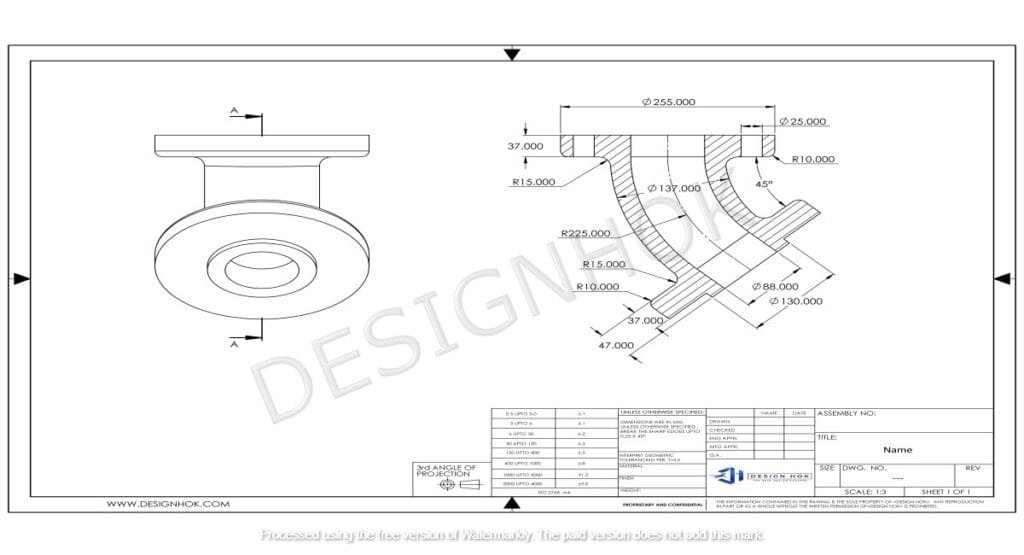
Key Features
1. Manual Settings
Stitch adjustments such as length, width, and tension are controlled by the user through dials.
2. Strong Construction
Many mechanical models are built with metal frames and internal parts. This gives them a longer life compared to machines made with plastic components.
3. Limited Stitches
You can do basic stitching tasks with the help of mechanical sewing machines. So, the majority of tasks can be done by these sewing machines.
4. Affordable Price
They are not as expensive as computerized models. So, the beginners or users with a smaller budget can use these machines.
5. No Software or Updates
You do not require any software or digital repair. So, you just require simple level maintenance for smooth functioning. When considering what a mechanical sewing machine is, it is important to know how it operates and its key benefits. In essence, what is a mechanical sewing machine can be summarized by its straightforward operation and durability. Deciding what is a mechanical sewing machine is involves understanding its advantages, especially for those who appreciate hands-on control.
How a Mechanical Sewing Machine Works
Understanding what is a mechanical sewing machine is ultimately empowers you to make informed decisions.
This machine works with an electric motor. This motor helps in the motion of the needle. Apart from that, it has a small tooth that allows the fabric to move. The user can control a number of things, like speed, length, and width of the stitch. You can adjust the tension in the thread with a dial. So, the user has full control and does not need computer programs to do their task.
Ultimately, what is a mechanical sewing machine can vary in definition, but its core attributes remain the same for users.
Why Should You Opt for A Mechanical Sewing Machine?
You get advanced features with computerized machines, but due to several other reasons, people still use mechanical sewing machines:
1. Better Control: You can directly control each setting in a mechanical sewing machine.
2. Long-lasting: You can use these machines for a long time. You just need to take proper care.
3. Less Money Required: They are less expensive as compared to computerized models. So, it is best for those users who do not need advanced functions.
4. Simple to Use: It does not have a menu, and so it is easy to work with. You just have to turn the knob and press the pedal.
That is why you should understand what a mechanical sewing machine.
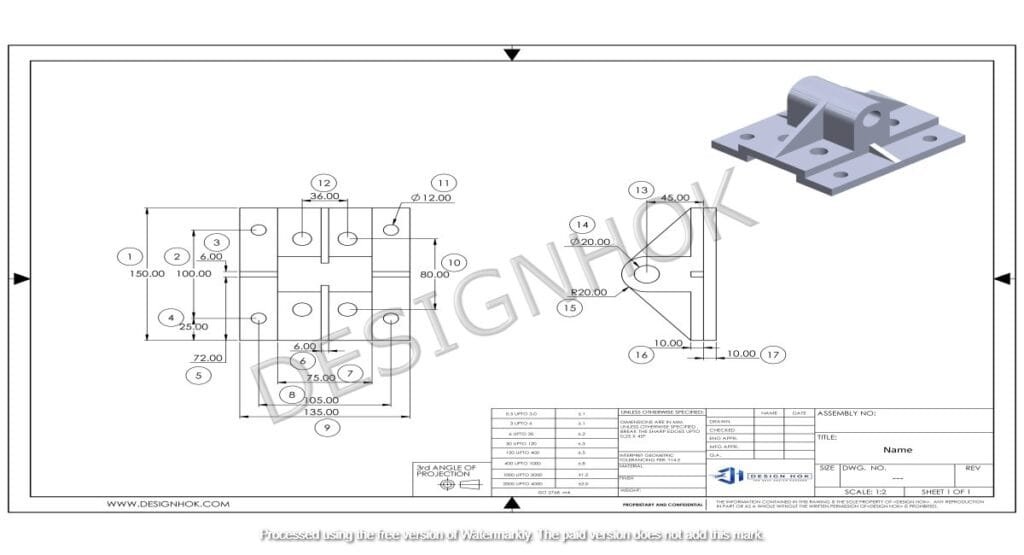
FAQ
1. What is the difference between a computerized and a mechanical sewing machine?
You work on a mechanical sewing machine with the help of dials and knobs. On the other hand, a computerized machine has digital controls. So, most computerized machines have preprogrammed options and can be selected through a touch screen. Design HOK is perfect for all machines, Mechanical sewing i just one of them.
2. Can beginners use mechanical sewing machines?
Mechanical machines are the best for beginners. This is because they are simple and easy to use. You don’t require much understanding as compared to computerized models. So, users can learn the basics of sewing.
3. How long are mechanical sewing machines functional?
You can use mechanical sewing machines for decades with proper maintenance. There a several models that are made of long-lasting metal parts.
4. Can thick fabrics be sewn
Absolutely, Several machines can sew thick fabrics. Fabrics like denim or canvas can also be sewn. You require a stronger needle for that.
5. Do these machines need much maintenance?
You do not require much maintenance to use mechanical sewing machines. It only needs regular oiling, cleaning, and servicing.

